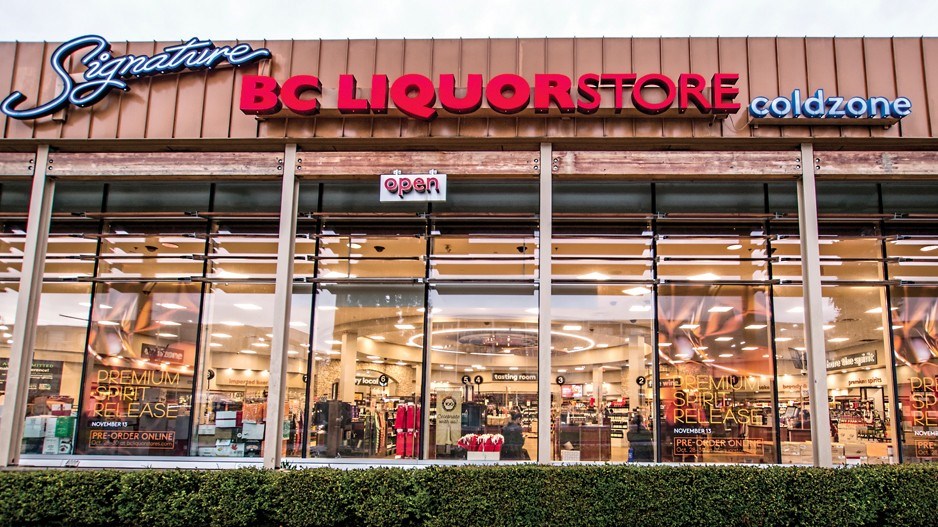The union representing B.C.’s 33,000 government workers is targeting one of the biggest government revenue generators in its first strike action.
B.C. General Employees’ Union announced Friday afternoon that it would be in a legal position to strike at 2:46 p.m. on Monday. The union waited until Monday morning to announce its first round of picket lines.
Picket lines are going up at B.C. Liquor Distribution Branch wholesale and distribution warehouses at 3:30 p.m. in Delta, Kamloops and Richmond and the Victoria wholesale customer centre. While the Burnaby wholesale customer centre and cannabis customer care centre are included in the job action, there will be no picket line.
“Retail liquor and cannabis stores will not be part of this phase of job action,” said the news release.
Restaurants, bars and privately owned liquor stores are bracing for impact. Ian Tostenson of the B.C. Restaurant and Foodservices Association said he would be able to comment “once we understand the contingency LDB plan.”
The most-recent BCGEU contract expired April 1. Negotiations began Feb. 8, but reached an impasse on April 6. Members voted 95% to strike in a tally announced June 22.
There was no progress when the two sides met in July and an attempt to resurrect talks last week failed. The union had until Sept. 20 to serve strike notice.
The union rejected a nearly 11% increase over three years plus up to $2,500 per member signing bonus offered by the government. Its key demand is for a cost of living adjustment clause to keep up with inflation. When talks began in February, inflation was 5.7%. It hit a 40-year high of 8.1% in May.
BCGEU is a fraction of the 400,000 public sector workers whose contracts have expired or will expire this year. The outcome of the BCGEU dispute is expected to influence all other contracts. Every 1% increase in total compensation across B.C.’s public sector costs taxpayers $311 million.
Anjali Appadurai, a challenger to NDP leadership frontrunner David Eby, threw her support behind the BCGEU on Twitter Aug. 12.
“Our province benefits from a strong public sector that provides workers with safe workplaces, secure jobs, and good wages to help make ends meet,” she wrote. “My solidarity is with BC's public service workers. I’ll see you on the picket line.”
Appadurai, a registered lobbyist with the David Suzuki Institute’s Climate Emergency Unit, formally launches her campaign in Vancouver today.




